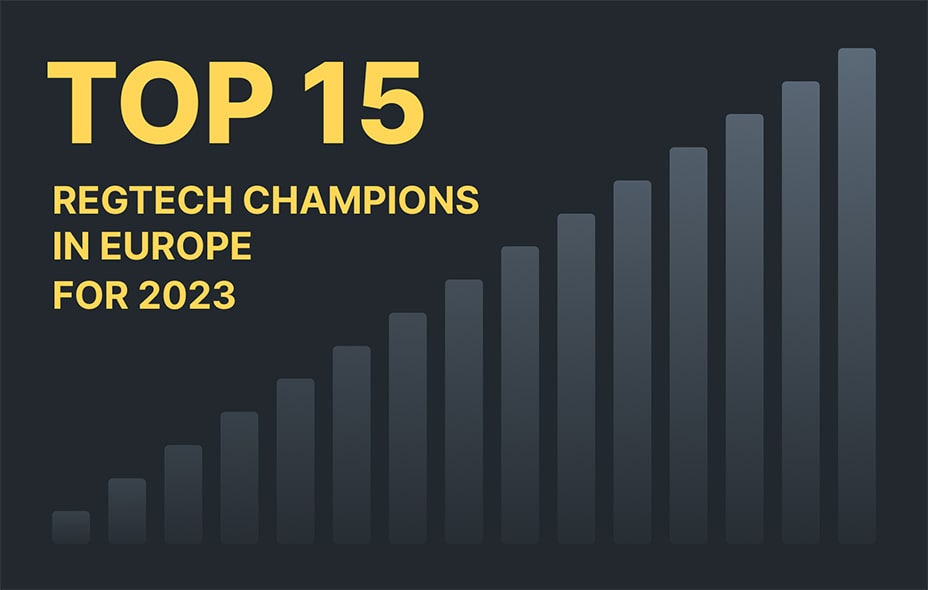2024 Insights into European Payment Regulations

The Importance of Compliance with Payment Processing Regulations
The significance of complying with payment regulations cannot be overstated. It not only ensures the security of financial transactions but also enhances the credibility of businesses operating in the industry. Companies that consistently adhere to payment regulations and transparently communicate their compliance gain a competitive edge, particularly in the intricacies of the international market.
The repercussions of compliance breaches can be severe, as evidenced by high-profile scandals in big retail banks across Europe in the late 2010s and early 2020s. Failure to comply with anti-money laundering laws resulted in substantial multibillion-euro penalties and suspensions for companies and banks that fell short of regulatory standards.
Emphasizing the importance of a common regulatory framework for payment services within the EU, the European Commission (EC) seeks to establish a unified payment area. This initiative aims to ensure consumer security in cross-border transactions and foster healthy competition among payment service providers.
To remain compliant and stay ahead of the competition, organizations need to operate in consistent alignment with EU legal standards. Diligently adhering to these regulations not only safeguards businesses from potential financial and reputational damages but also positions them at the forefront of the dynamic financial landscape.
Expectations for Payment Regulation in Europe for 2024
Compliance with EU/UK regulations goes beyond a mere checkbox. It stands as a critical pillar for upholding trust, security, and aligning with the latest industry trends for financial institutions. Here are the key payment regulations and updates poised to influence the European payments sector in 2024:
EU Anti-Money Laundering (AML) / Countering the Financing of Terrorism (CFT) Package. The EU AML/CFT Package focuses on strengthening regulations to combat money laundering and terrorist financing. It encompasses the Single Rulebook Regulation, the 6th Anti-Money Laundering Directive, the establishment of the European Anti-Money Laundering Authority (AMLA), and amendments to the EU Regulation on transferring funds and certain crypto-assets. These measures aim to establish a robust enforcement system to prevent money laundering and enhance detection measures within the EU.
Payment Services Directive Revision 3 (PSD3) and Payment Services Regulation (PSR). In 2023, the announcement of the PSD3 and PSR marked a significant development in the EU’s financial landscape. While the initial proposals for PSD2 were introduced in 2013 and largely implemented in 2018, the unveiling of PSD3 in June 2023 signaled a new era. The legislative process is time-consuming, and ongoing negotiations among various EU institutions could lead to substantial changes throughout 2024. PSD3 represents a modernization of its predecessor, PSD2, aiming to bolster consumer protection, ensure secure payment services, and foster innovation across the payment sector, including digital wallet providers and online merchants.
- Presently, the European Parliament and the Council of the EU are reviewing the proposed PSD3 and PSR. Legislative texts are expected to be finalized by late 2024 or early 2025, although European Parliament elections in the second quarter of 2024 could cause delays.
- Once the final texts are published in the Official Journal in 2024/2025, PSD3 and PSR will enter into force. Member states will commence the process of transposing PSD3 into national law, with the European Banking Authority focusing on developing guidelines and technical standards.
- Potentially by 2026, 18 months after enactment, PSR will come into force. By this point, Member States must transpose PSD3 into national legislation and PSD2/EMD2 authorized firms must apply for re-authorization. Firms will then have an additional six months (24 months after PSD/PSR comes into force) to ensure compliance with the new payee verification requirements.
Digital Operational Resilience Act (DORA). DORA, which came into force on January 16, 2023, and is set to apply from January 17, 2025, aims to harmonize and unify existing cybersecurity and ICT regulations in the European financial market. It introduces a comprehensive ICT risk management system, early warning indicators, threat intelligence, threat-led penetration tests, and emergency and recovery plans. Companies have 24 months to fully implement DORA, enhancing the security of digital operations in the financial industry.
Central Electronic System of Payment Information (CESOP). Designed to combat electronic VAT fraud in cross-border payments in European e-commerce, CESOP requires banks and payment service providers to report payment data to financial authorities. Starting January 1, 2024, this information is centralized for fraud prevention purposes.
EU Accessibility Directive. The European Accessibility Act (EAA) ensures the accessibility of products and services, obligating private sector companies to ensure accessibility and improve usability for individuals with disabilities. Different countries must pass this directive into their local laws, with Germany’s Barrierefreiheitsstärkungsgesetz (BFSG) being an example, requiring products and services after June 28, 2025, to be barrier-free.
Markets in Crypto-Assets (MiCA). MiCA regulation marks a significant milestone by providing the first harmonized EU regulatory framework for crypto assets. It specifies obligations for crypto asset providers and traders on crypto trading platforms, including authorization requirements and compliance with legal consequences. Expected to take effect in January 2025, stablecoin issuers and other crypto service providers will have 12 to 18 months to implement these regulations.
In Conclusion
Amidst rapid changes in European payment regulations from 2024 to 2026, businesses must stay informed and ensure compliance for operational security and competitiveness. These regulations focus on enhancing security, protecting consumers, and fostering innovation. Adhering to these provisions enables businesses to navigate the evolving payment landscape successfully. As a payment service provider, Satchel.eu remains committed to assisting businesses with seamless adaptation to new regulations. Contact us to discover how Satchel can support your compliance, innovation, and diligence for Instant payments in Europe in 2024 and beyond.






